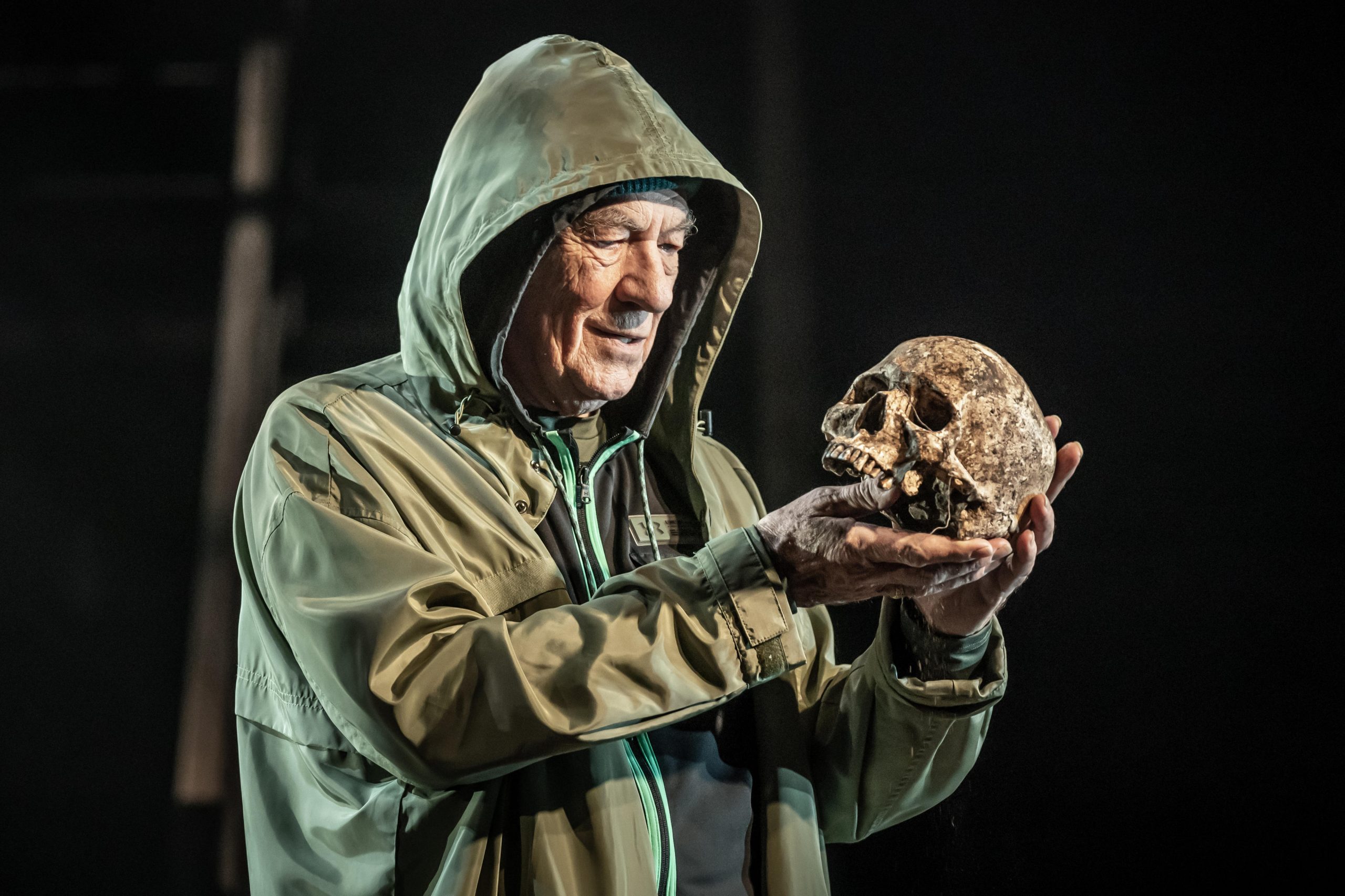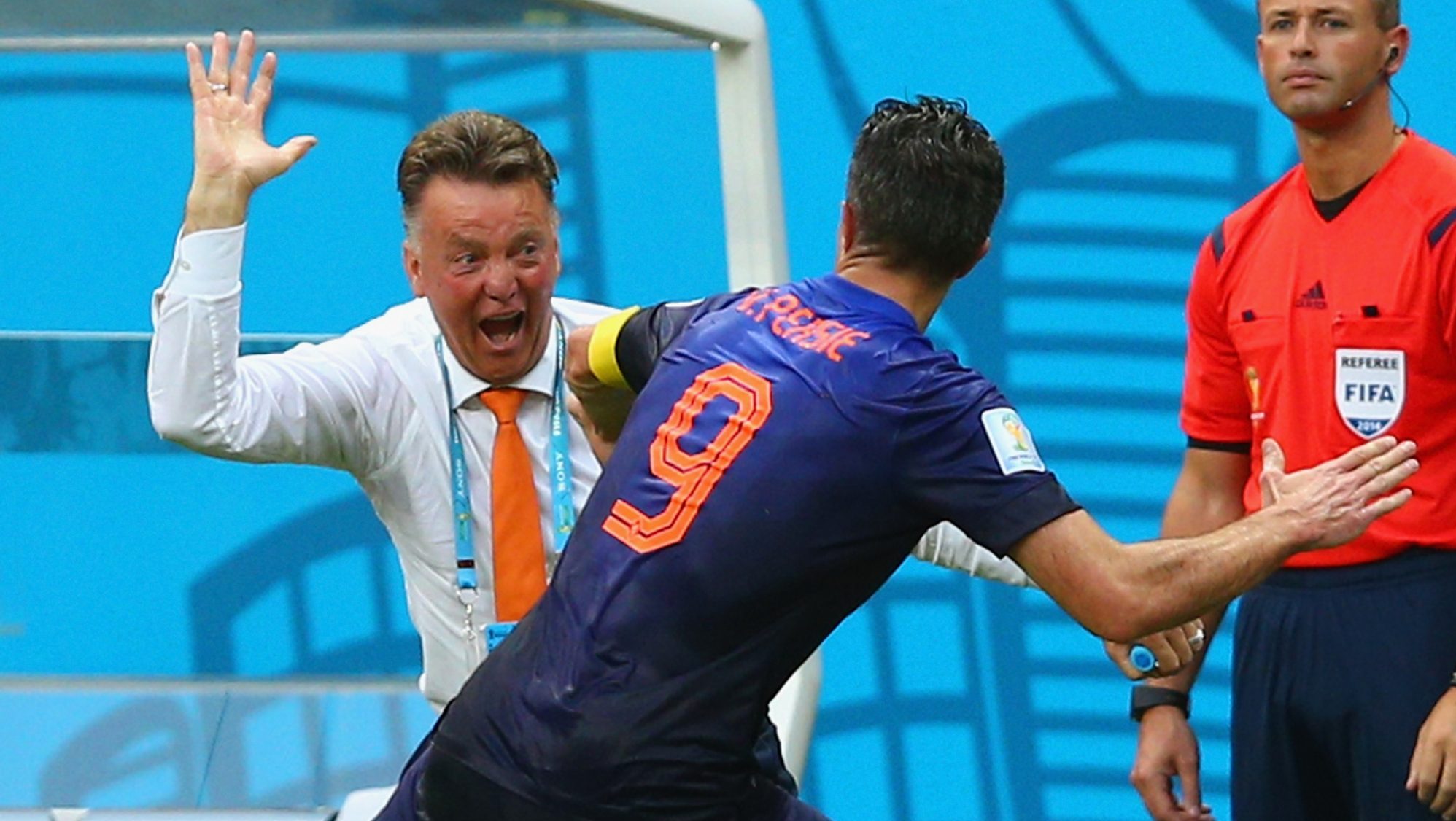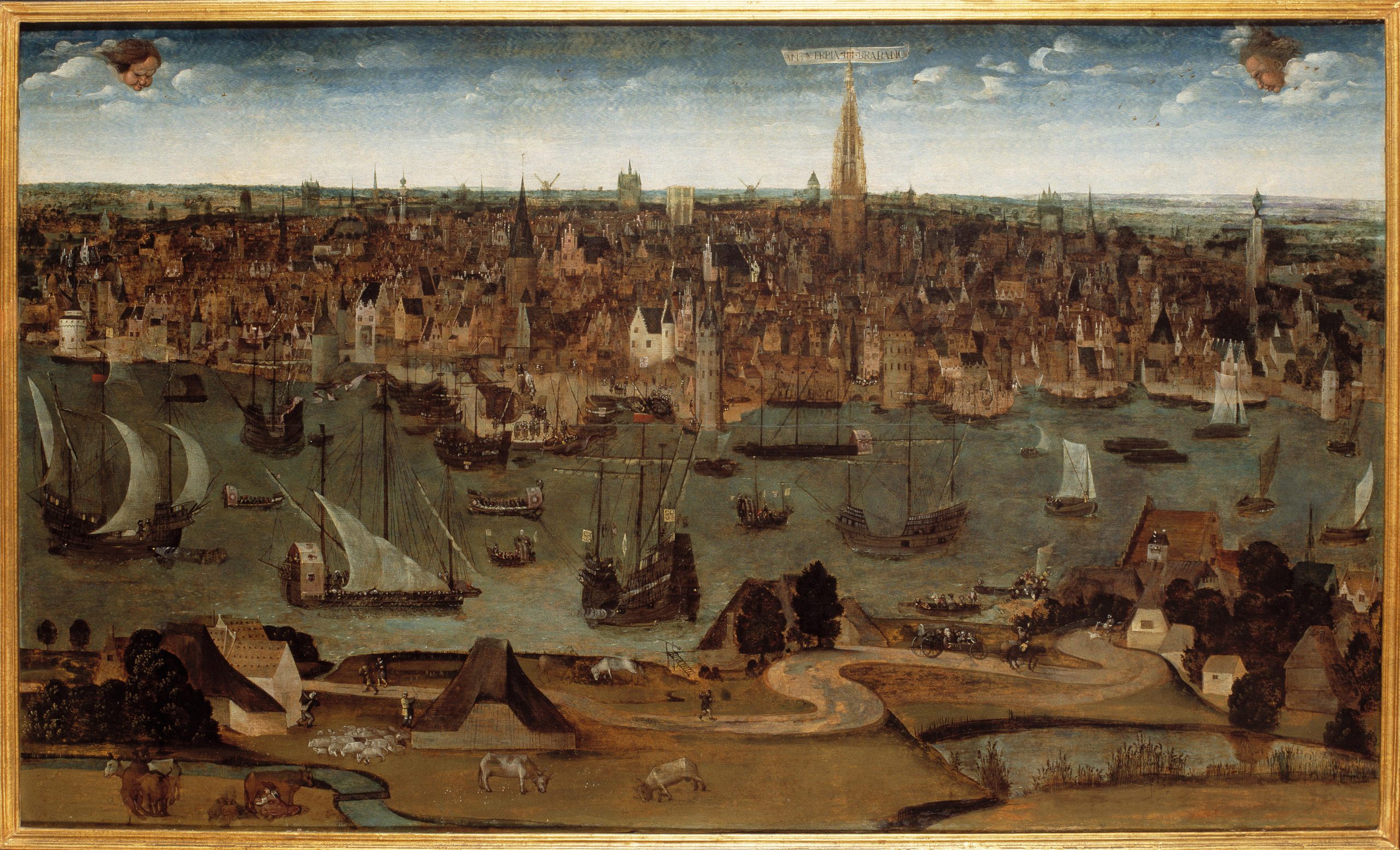Hamlet, Theatre Royal, Windsor, until Sept 25 *****
Three years ago, when he was nudging 80, I saw Sir Ian McKellen take what I had not unreasonably believed to be his final bow on the stage in a production of King Lear. He’d looked a contented man and no wonder. There were five-star reviews all round – including from The New European – and his reputation as the greatest actor of his generation seemed set in stone.
Now, McKellen has returned in the title role of Hamlet. It’s a startling, courageous, and, yes, perverse career decision for an octogenarian. Classical actors are supposed to begin their careers with this play (McKellen actually first played the role at the age of 31) and finish them with Lear. They are most certainly not expected to do a Lear in ripe old age and then chuck in a Hamlet as an after-thought.
McKellen is on stage for almost three hours. He has sword fights and ladders to climb, even, in this eccentric production, an exercise bike to slog away on, as well as, of course, a vast number of lines to speak. The run that started off in last week’s heatwave goes on until the end of September and that, I need hardly add, is a real test of stamina for a gent of his age.
What’s more, McKellen has had the stress of opening nights and rehearsals that have had to be shunted around his diary over the best part of a year on account of the pandemic, and, at the last minute, two members of the cast departing after what was reported to have been a row – this was vigorously denied – and that’s the least of it.
The most stressful part of it from McKellen’s point of view is that he is taking an almighty, and, of course, entirely unnecessary gamble with his most prized possession of all, which is to say his reputation. Would he be remembered as that great actor who blew it all on an almighty folly in his dotage? The man who, like Peter O’Toole in his notorious production of Macbeth in 1980, made himself into a laughing stock?
The answer to that, I am delighted to say, is no. McKellen’s Hamlet defies not just the naysayers, but also age, colour and gender with women playing male roles and vice-versa. McKellen’s Hamlet makes the point that the inexperience of callow youth is not entirely unlike the forgetfulness and uncertainty of advanced old age. It is precisely McKellen’s vulnerability that makes the performance so moving.
He deliberately throws away some of the lines. The famous “to be or not to be” soliloquy he renders casually, almost absent-mindedly in a T-shirt, jeans and trainers in a barber’s chair and some of the words he omits as if he knows the audience doesn’t need to be reminded of them. It’s the same with his “alas, poor Yorick”, which begins when he catches the poor fellow’s skull like a ball. This gives the production fluidity and intimacy: a play that can sometimes drag with the wrong actor in the title role races along with an almost documentary-like feel in the hands of McKellen and his director Sean Mathias.
Lee Newby’s great climbing frame of a set isn’t attractive, but its one redeeming feature is it allows McKellen to periodically perch over its extremities and talk like a college lecturer to his students, such as when he delivers his thoughts on “what a piece of work is man”.
The test of a great Hamlet is that he – or indeed she, as there’s no reason why more women shouldn’t follow Sarah Bernhardt’s example and play the role – dominates the stage from start to finish. That McKellen does. The first glimpse of him is in a funereal greatcoat, top hat and dark glasses – a look that I suspect the costume designer Loren Elstein cribbed from Vincent Price in The Tomb of Ligeia – and, as he dresses down as the production goes on, so it helps the audience to feel closer to him.
Of the other members of the cast, Frances Barber, drafted in at the last minute to replace Steven Berkoff as the meddlesome Polonius, acquits herself with distinction. She had just four days to learn the part and four hours to rehearse and yet her short-back-and-sides courtier gives the production real class. Who honestly could have imagined when Barber played Ophelia to Roger Rees’ Hamlet in 1984, she’d progress, 37 years on, to playing Ophelia’s dad?
Jonathan Hyde’s Claudius is perhaps a little too starched for his own good and Jenny Seagrove manages to play Hamlet’s mother Gertrude with sufficient conviction to ensure that there are no giggles during her scenes with McKellen. Francesca Annis adds to the starry line-up as a suitably sinister Ghost and Llinos Daniel has a lot of fun as a singing grave digger.
It is ultimately, however, McKellen’s night. It’s our good fortune that his robust good health and determination have allowed him such a richly satisfying and rewarding seventh age in his career. Laurence Olivier – the greatest actor of the generation that went before – was grounded by ill health in his later years and poignantly died at the very age McKellen is now.
Acting is, however, life itself to McKellen so, of course, with breath still in his body, he couldn’t resist a challenge like this. His Hamlet shows him to be an actor with spirit, defiance, a streak of divine madness, and perhaps, too, a wicked sense of humour.




